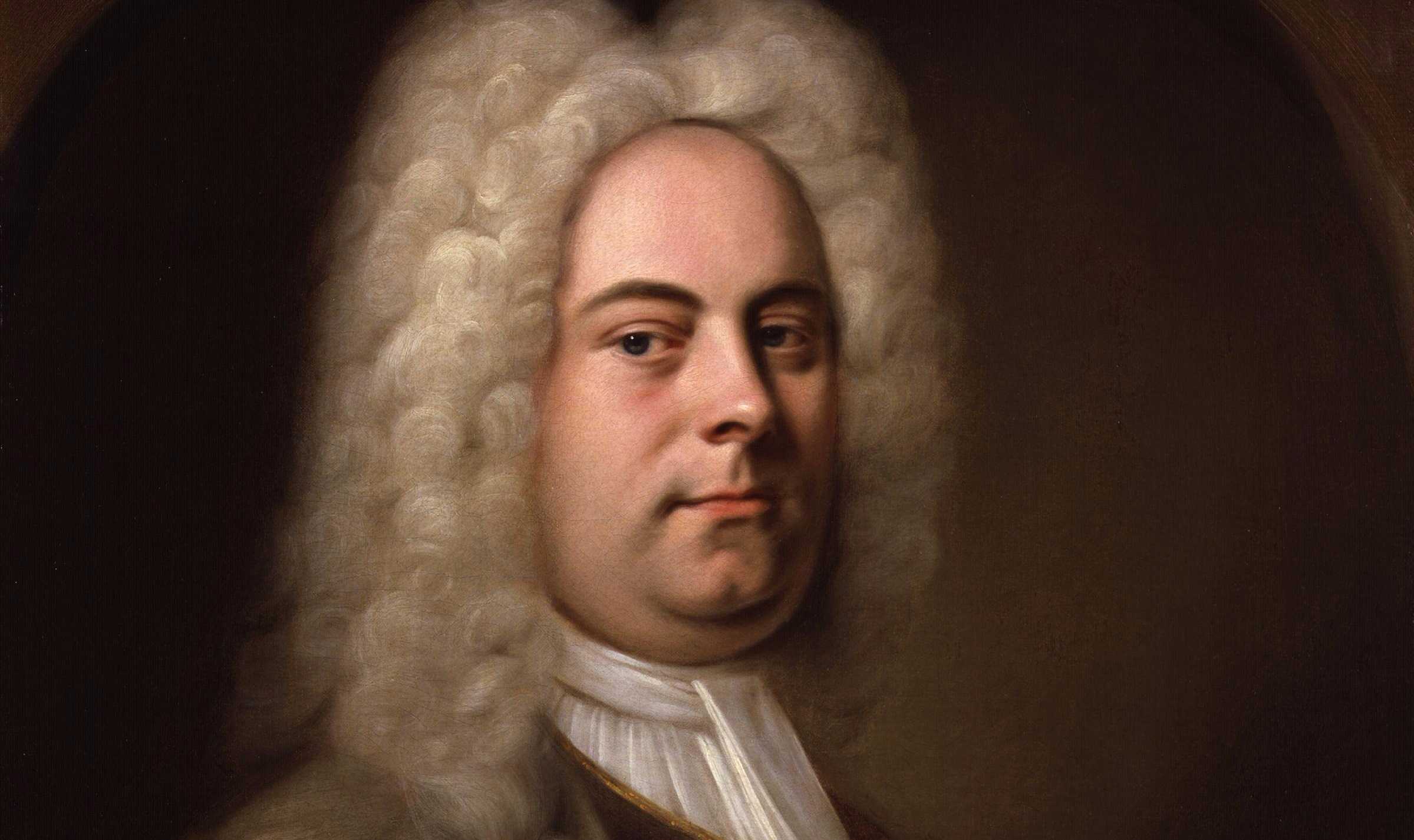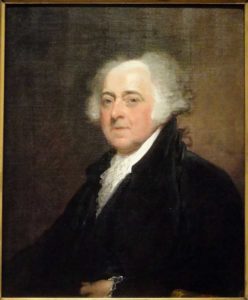 OAK RIDGE, Tenn. — A Tennessee chapter of one of the most conspicuous professing atheist groups in the nation has decided not to persist in its complaint against a music teacher at a public elementary school who played Handel’s “Hallelujah Chorus” during the morning announcements.
OAK RIDGE, Tenn. — A Tennessee chapter of one of the most conspicuous professing atheist groups in the nation has decided not to persist in its complaint against a music teacher at a public elementary school who played Handel’s “Hallelujah Chorus” during the morning announcements.
“FFRF-ETC is not going to continue to pursue this issue,” Aleta Ledendecker of the East Tennessee chapter of the Freedom From Religion Foundation (FFRF) recently wrote to the Oak Ridger, stating that the group believes that there are “more egregious” Church-State separation issues to address.
She noted that the school district was not going to capitulate to her request that the song not be used again.
“FFRF prefers to resolve issues through simple requests, and in this case the school system was not amenable to making changes,” Ledendecker outlined. “This issue would probably be difficult to litigate. Even though there were two families who complained to FFRF-ETC about this music selection, not all complainants wish to go as far as litigation.”
As previously reported, Ledendecker emailed Linden Elementary School Principal Roger Ward last September to assert that airing a clip of the “Hallelujah Chorus” over the loudspeaker could be considered religious proselytization.
“While this music may be beautiful and even inspirational for Christians, it is not acceptable for broadcasting to the entire student body at Linden Elementary,” she wrote. “In consideration of all the possible choices of music, this piece with its distinctly religious content can be interpreted as proselytizing. Such actions are clearly prohibited by the First Amendment of the U.S. Constitution.”
Ledendecker asked Ward to ensure that no religious-themed music be aired in the future.
“Please see that the music director makes appropriate choices for broadcasting to your student body beginning immediately,” she continued. “Furthermore, please reply with a report of the actions you have taken to assure that there will be no future music choices with even a hint of religious overtones.”
However, the school replied by advising that the teacher only used the song because the class was studying George Frederic Handel that week, and only 20-30 seconds of the composition was aired. A different composer is studied each week.
“The passage was selected to correspond with the school’s overall music curriculum that, for that particular week, featured the musical works of George Handel,” an unidentified school district representative told conservative commentator Todd Starnes.
“The criticisms articulated by Ms. Ledendecker appear to have been based upon insufficient information taken entirely out of context, incorrect assumptions about the school’s music curriculum and a fundamental misunderstanding of the First Amendment’s relationship with historically sacred classical music compositions being taught in a public school music curriculum,” they said.

As previously reported, while some state that God and government must remain separated, others note that the nation was founded by those who believed that America could not expect to be blessed if it failed to acknowledge and honor Almighty God.
On March 23, 1798—less than 12 years after the signing of the U.S. Constitution—John Adams, the second president of the United States called for a day of national repentance, prayer and fasting.
“[T]he safety and prosperity of nations ultimately and essentially depend on the protection and the blessing of Almighty God, and the national acknowledgment of this truth is not only an indispensable duty which the people owe to Him, but a duty whose natural influence is favorable to the promotion of that morality and piety without which social happiness cannot exist nor the blessings of a free government be enjoyed,” he wrote.
James Madison, the fourth president of the United States, similarly called for a national day of prayer on July 9, 1812.
“I do therefore recommend the third Thursday in August next as a convenient day to be set apart for the devout purposes of rendering the Sovereign of the universe and the Benefactor of mankind the public homage due to His holy attributes; of acknowledging the transgressions which might justly provoke the manifestations of His divine displeasure; of seeking His merciful forgiveness and His assistance in the great duties of repentance…”
Become a Christian News Network Supporter...


